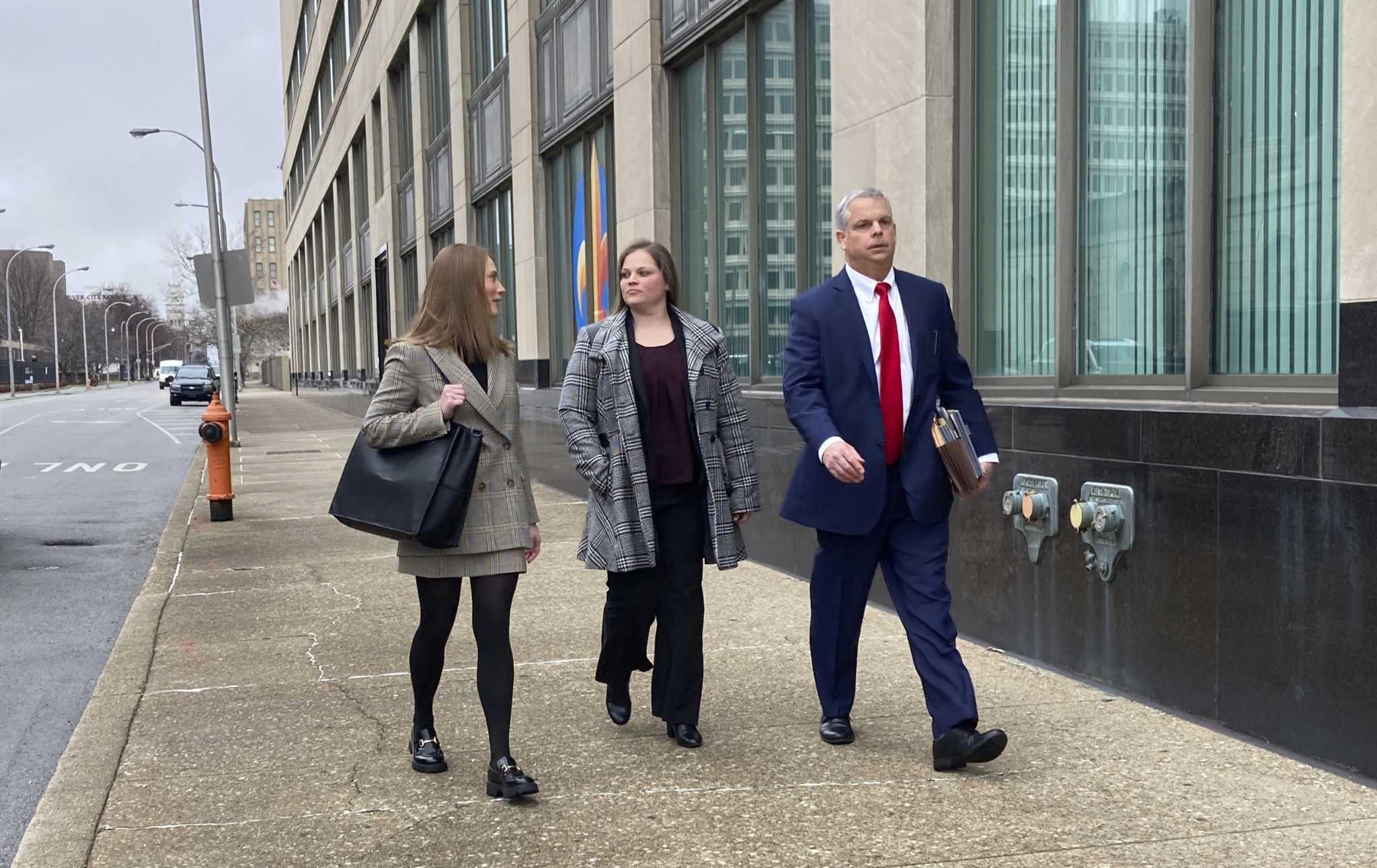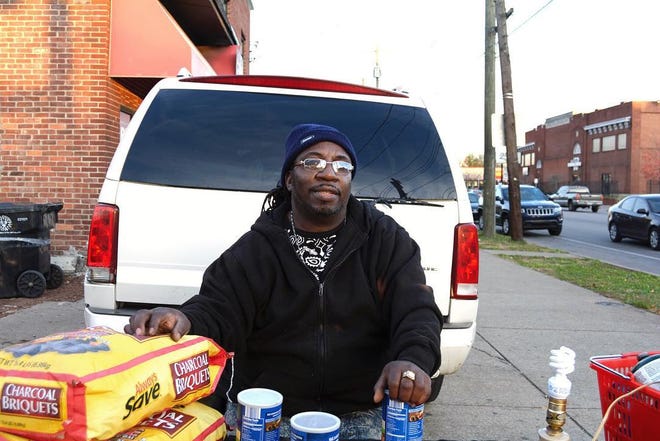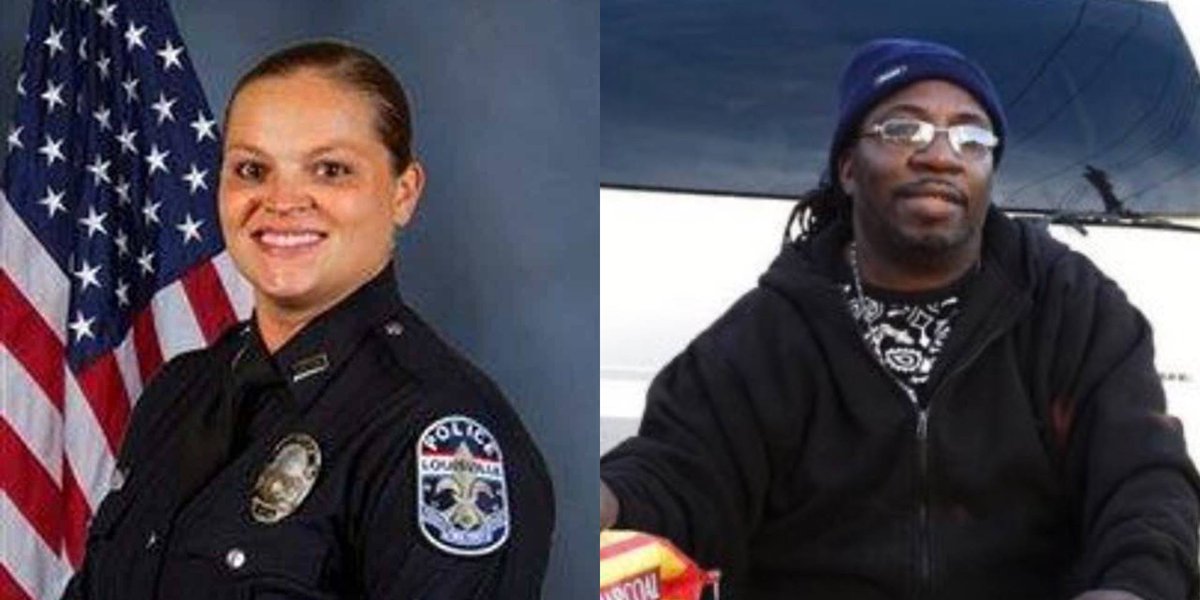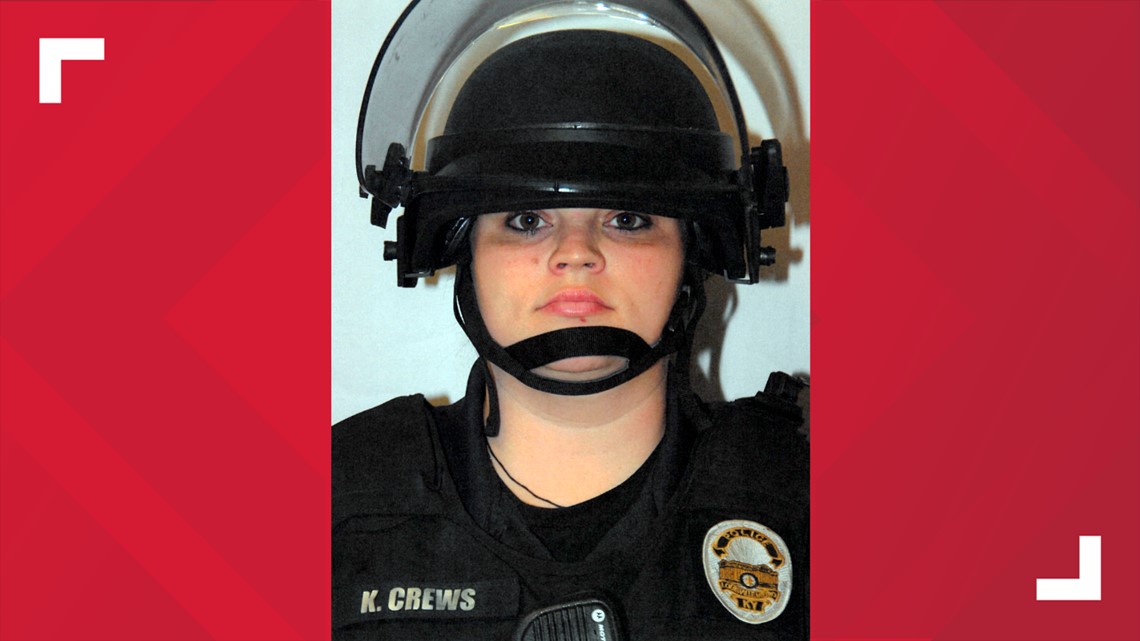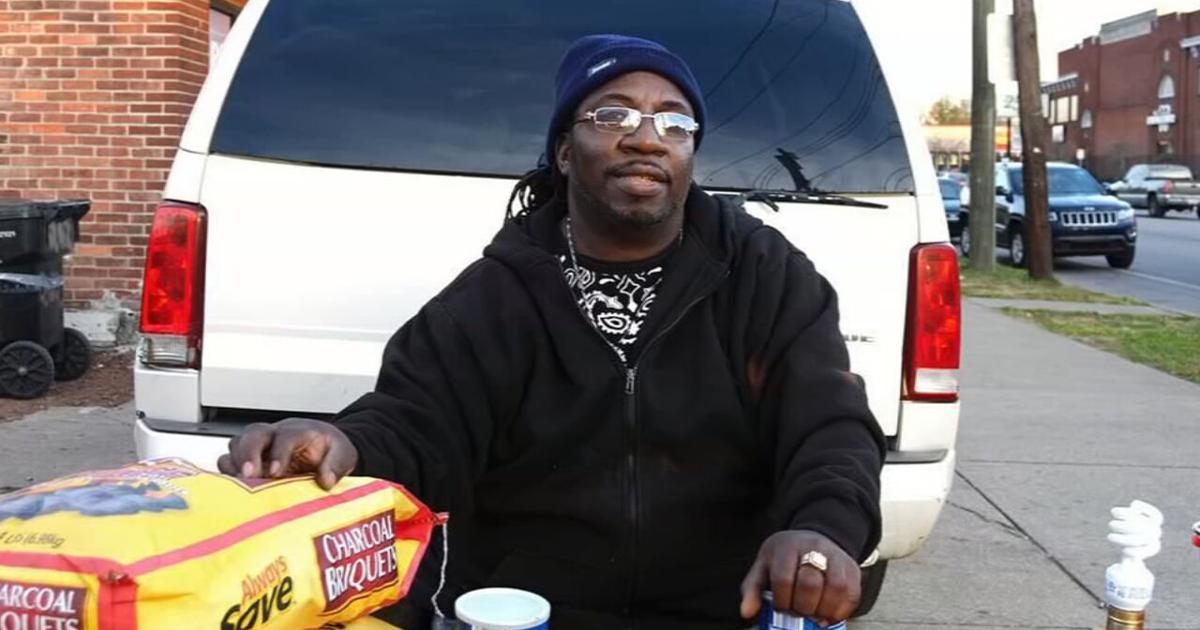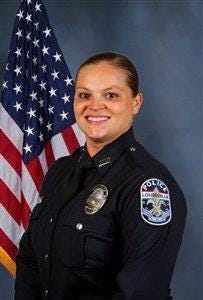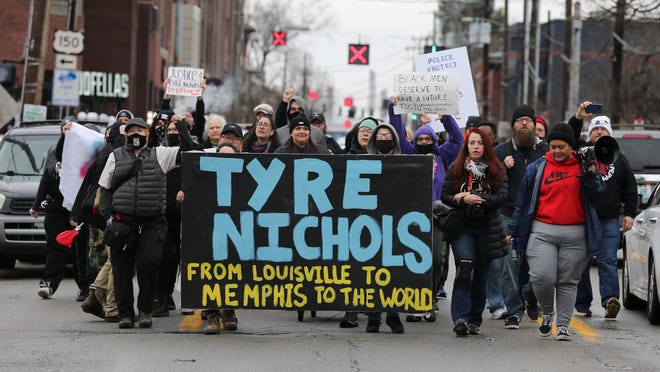Citizens around Louisville hosted marches and peaceful protests Sunday afternoon in the aftermath of the release of body cam footage from the altercation that led to the death of 29-year-old Tyre Nichols, a Black man killed by the Memphis Police Department during a traffic stop earlier this month.Several dozen people marched from the corner of Baxter Avenue and Broadway to Mid-City Mall on Bardstown Road and more gathered at Jefferson Square Park in downtown Louisville to call for police reform and for members of the community to start looking out for each other in the wake of Nichols' death.Who was Tyre Nichols?:Video shows police kicking, pepper spraying, beating Tyre Nichols after traffic stopAmber Brown, who organized the Baxter Avenue march, led the chant "no justice, no peace," echoing protests held during 2020 after the murder of Breonna Taylor. Protestors took up an entire lane of traffic on the busy street, carrying signs that read "Tyre Nichols: From Louisville to Memphis to the world" and "Louisville stands with Memphis" as they marched."Another Black man has been killed by police ... we have been out here fighting for justice for so long," Brown said. "And yet, once again, it's slapped in our face that no one cares."The body cam footage released Friday shows officers shouting expletives while using pepper spray and a Taser on Nichols during the Jan. 7 traffic stop, who at times called out for his mother. Police struck Nichols in the face, torso and head at least 13 times while being physically restrained by other officers.The beating, which has been widely condemned by other members of the law enforcement community, left Nichols hospitalized. He died three days later.Five Black officers involved in the beating have since been fired from the department and charged with several crimes connected to the death, including second-degree murder, according to USA TODAY reports.Brown said even though she hadn't watched the video of Nichols' murder, it was still important to march in the streets."We have to continue to make sure that people know that we're not going to leave. We haven't stopped," she said. "Throughout all of this, the work has never stopped."'We're tired'At the gathering in Jefferson Square Park, many of those who took the stage said it was time for widespread reform not just in Memphis, but in other cities, including Louisville.Dennisha Rivers, founder of Vision of Life Outreach Ministries, said she organized Sunday's vigil because she felt it was time to bring the community together to do something different to curb violence."It's time to restore, rebuild and reeducate, because apparently, we're doing something wrong and our system is doing something wrong," she said.Jamie McAtee, the brother of David McAtee, who was killed by law enforcement officers at his West End restaurant in 2020, said the video was difficult to watch, but is proof more work needs to be done."Here we are three years later, after ... so much has happened, we're tired," he said. "We're tired of being out here on the streets and trying to get some change. We're tired of saying 'we want peace' ... how long do we have to keep having peaceful protests to be heard?"Rivers said she's been in touch with members of Louisville Mayor Craig Greenberg's administration who have been supportive of efforts to bring the community together to talk."They are very supportive and encouraging of what I did because we're just trying to make a difference," she said.Ray Barker, a retired Louisville Metro Police officer, said while he applauds Memphis Police Chief Cerelyn "CJ" Davis for taking immediate action regarding the officers, he said it will take more compassion among neighbors to start making a difference."(Speaking) as a Black person that still lives in one of the roughest neighborhoods in Louisville, please take this opportunity to evaluate our community," he said. "Stop living in fear. ... Step out on faith and open the door to see what's going on in your community."Some residents call for returning power to communitiesOther marchers, like Maxwell Mitchell, said one solution to overcoming police violence is putting "the power in community." By diverting money from police institutions, he said, and putting money toward people working on the ground, it can make changes in communities.Mitchell said communities can be just as powerful as institutions, like the police, because of trust."I know the people in my community. I'm friends with them. I'm neighbors with them. We say hi to each other and whatnot," he said. "If there's an infraction, something that happens, in my opinion, we have the best chance to deescalate the situation, to be there for one another, because we're right there."Antonio Brown, another marcher as Sunday's protest, said the fact the officers were Black reflects how embedded white supremacy is in policing."If it was a white man, these Black officers wouldn't have done it," he said.Brown called for an end to qualified immunity — a legal principle that prevents state and local officials, including law enforcement, from lawsuits alleging someone's constitutional rights have been violated, except in cases where the violation is clear — to better hold police officers accountable.Weekend editor Keisha Rowe contributed. Contact reporter Rae Johnson at [email protected]. Follow them on Twitter at @RaeJ_33.

